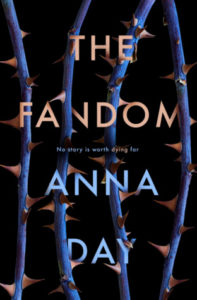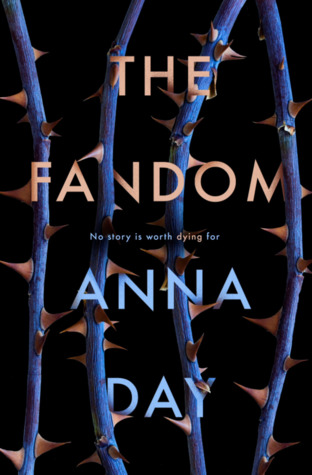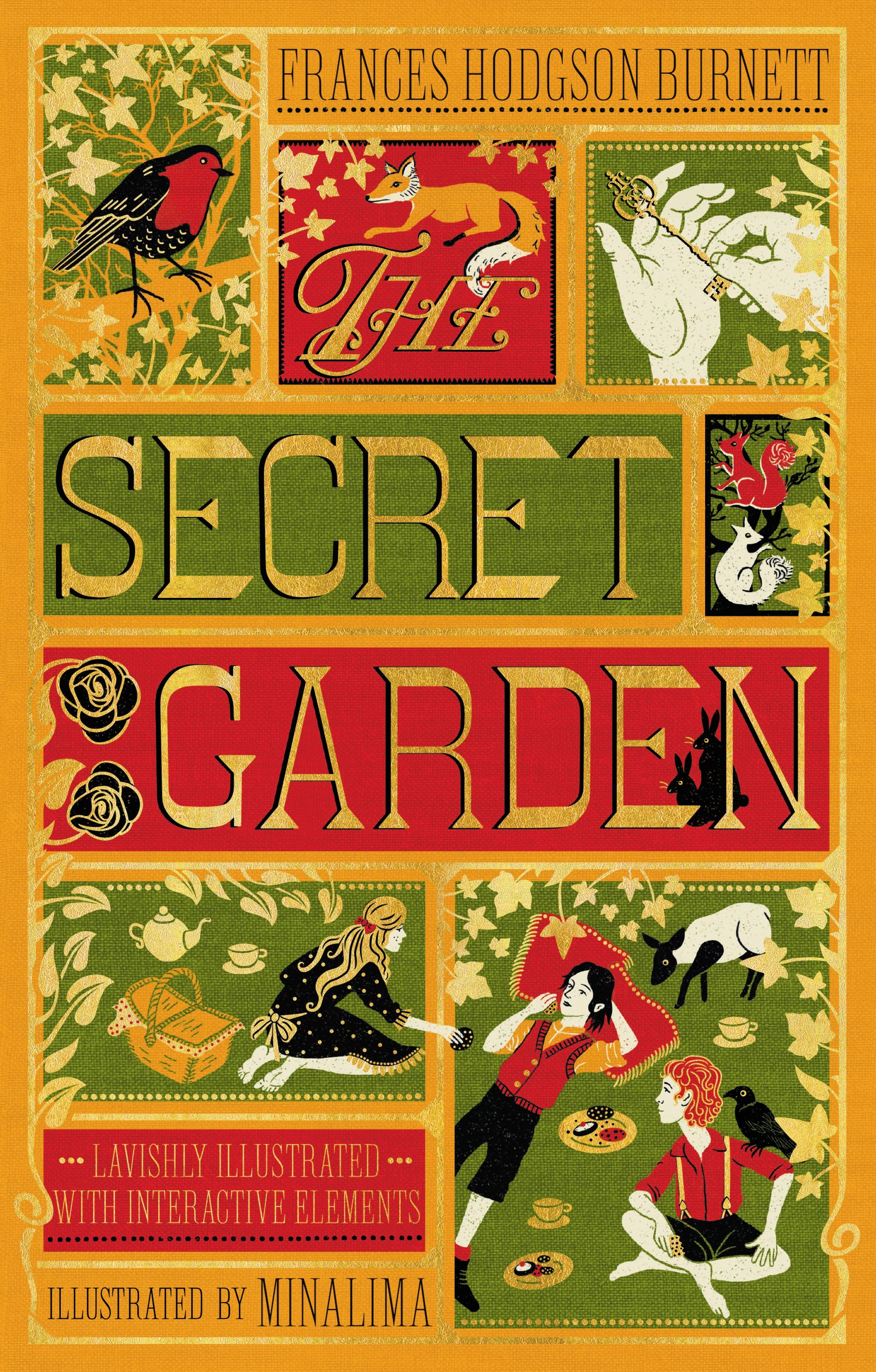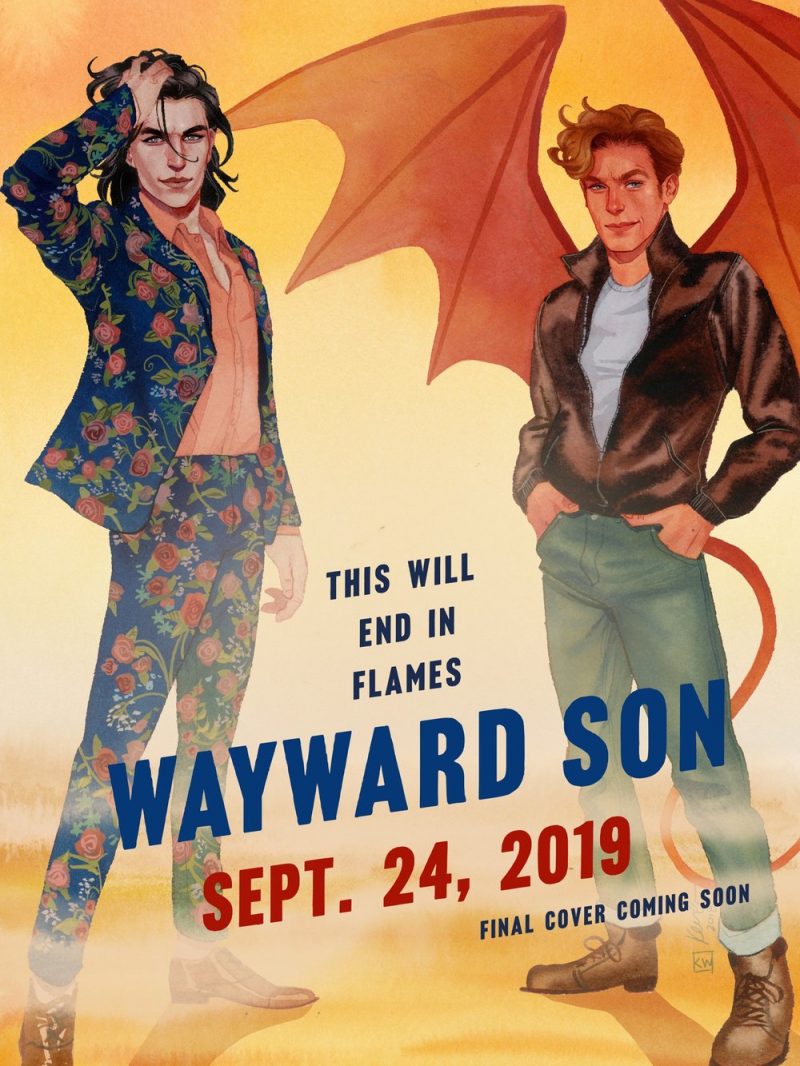 Violet, along with her best friends, Alice and Katie, and younger brother, Nate, can’t wait to attend Comic-Con to meet the actors who star in the film adaptation of their favorite novel, a YA dystopia called The Gallows Dance. But just as they’re introducing themselves, something inexplicable occurs – the group is somehow transported into the real world of the book. Before long, they realize that the only way to make it home is to let the story play out just like it does in the book. The only problem is that Violet must fill in for the novel’s protagonist – a protagonist who dies at the end of the story.
Violet, along with her best friends, Alice and Katie, and younger brother, Nate, can’t wait to attend Comic-Con to meet the actors who star in the film adaptation of their favorite novel, a YA dystopia called The Gallows Dance. But just as they’re introducing themselves, something inexplicable occurs – the group is somehow transported into the real world of the book. Before long, they realize that the only way to make it home is to let the story play out just like it does in the book. The only problem is that Violet must fill in for the novel’s protagonist – a protagonist who dies at the end of the story.
The Fandom is a striking homage to wildly popular dystopian teen novels, like The Hunger Games and Divergent, which both participates in and pokes fun at the standard tropes of the genre – falling in love overnight, creepy science, and secret rebel organizations are just a few that crop up throughout the story. Fans should appreciate that Violet and her friends’ ability to navigate the world of The Gallows Dance is thanks to their knowledge of the book’s canon, though the most exciting parts of their adventure are when the scenario they are living out deviates from it. The concept allows for a dizzying exploration of the relationship of fans with the works they love, and the book manages to be a story of friendship and pretty decent dystopian novel of its own at the same time.
The novel does get a little tangled in its own web in a couple of places. For instance, it’s telling a story to fans of dystopia (clearly the target audience) about being a fan of dystopia while also trying to be a dystopia that the readers will be fans of. But the premise of the book – that Violet and her friends are trying to get back home – lessens the impact of the action and romance that they experience while in the world of The Gallows Dance. Those relationships and experiences remain unresolved in order to tend to the larger story of how Violet came to be transported here in the first place. Don’t get me wrong – there are lots of fun twists and developments – but the novel does a good amount of work making me care about situations it doesn’t follow up on. I’m not sure if a sequel to The Fandom is planned or not; though I tend to prefer standalones, a sequel would at least tie up some loose threads the novel leaves.
Fans of dystopia will definitely enjoy this book, and there’s a pretty good chance readers who self-identify as fans of other franchises (of Harry Potter, for instance!) will still have fun reading it even if dystopia isn’t their favorite genre. I’m a pretty lukewarm dystopian reader, but I still appreciated the way The Fandom played with the tropes and experiences of being a fan. Plus, the novel is currently in development to become a television series – it’s hard to get more meta than that.
A copy of this book was provided by the publisher for review.




